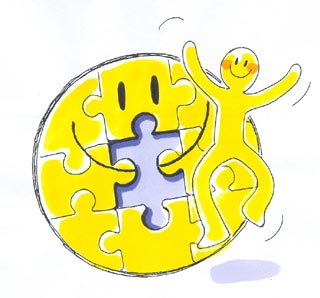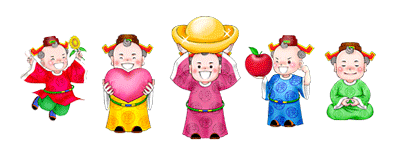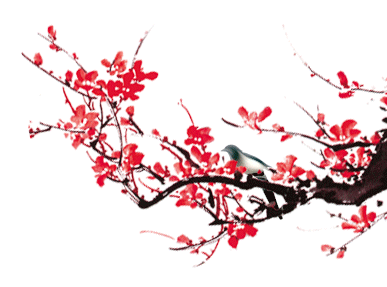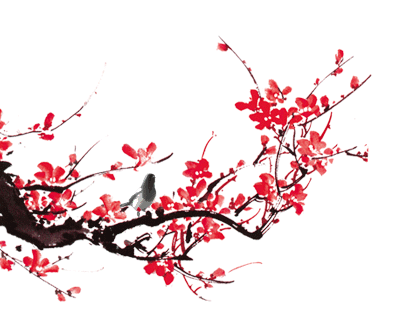Discarding My Old Definition of Success
Shao, Ting-fen 2005-04-06

When I was in college, my classmates and I once overheard a person say, "Rumor has it that someone in Professor So-and-So's class is extremely difficult to work with." My classmates took it for granted that that person was referring to me. I was often elected as class leader because I was fearless and tough in arguing. That was the impression my former classmates had of me. In the eyes of my teachers, although I had excellent grades, I was too ready to show off my intelligence and ability. Very often, I would hurt others' feelings without even knowing it. I didn't change much even after I began working. I frequently fought with my colleagues and sometimes, even with my boss. I once made a colleague cry with my sharp words. Some of my colleagues were very angry and warned me, "Don't you make any mistakes yourself, or you'll be in BIG trouble!"
When I was growing up, I was aware of my bad temper and my rigid way of dealing with things. But I never thought of them as major shortcomings and had no intention of changing. Therefore, I never truly took others' advice or suggestions to heart. From time to time, I would admit that perhaps I was wrong, but I was never determined to make any changes. My mentality did not change until I began practicing Tai Ji Men Qigong. Shifu inspired me to change myself. He often employed the philosophy of yin and yang when guiding me to use different approaches in solving problems. For instance, I used to be arrogant and rigid when interacting with others, which made everyone unhappy. Now, when dealing with others and situations, I will change my attitude and my method of doing things so that I won't hurt people's feelings and can achieve a win-win situation. In addition, in Tai Ji Men, wherever I look, I see people with good hearts, doing good deeds, and speaking good words. The examples of other Tai Ji Men dizi constantly remind me to correct my old habits and make improvements. I have finally learned to be introspective, to recognize my own mistakes, and to sincerely improve myself.
Last year, I went back to my former company, which I had left four years earlier. Every morning, I walk to my office in a happy mood. I have few fights with my colleagues, and many of my former co-workers have noticed the changes in me. I am now in charge of the project of Business Process Reengineering. The nature of my work involves a lot of communication and coordination, and it is common to have disagreements. If I fail to unite our different opinions, that will become an obstacle to our project. And I will easily become the person to blame. In order to facilitate the development of our project, I would put myself in "other people's shoes" and think to myself, "How would I feel about this change if I were him or her?" Before an important meeting, I would first communicate with the people involved and try to reach a consensus. In the course of communication, I would pay attention to the others' reactions because these are actually a reflection of mine. When someone is getting emotional and raising his or her voice, it tells me that I should calm down and take a deep breath. Over the past year, my work has been progressing well, thanks to my improved interpersonal skills.
Doing well in school and at work was not difficult for me. As long as I put my mind to it, I could accomplish it. So what are the real challenges in life? After joining Tai Ji Men, Shifu has taught us a variety of kungfu that is both extensive and profound. In teaching us to be better individuals, Shifu told us that it is about improving ourselves and taking action. Then I gradually realized that the greatest challenges in life are to recognize my weaknesses, correct them, and improve myself.
People in the technology industry are often the envy of others because of their high incomes. However, although we are good at decoding "zeros" and "ones" and various machine codes, we are "all thumbs" when it comes to dealing with people. We have many feelings in our hearts but simply don't know how to express them. We also have a lot of creative ideas in our heads but don't know how to put them into words. As time passes by, we gradually "lock up" our hearts and become alienated from others; we have forgotten how the heart "works." After joining Tai Ji Men, I learned to have the courage and determination to "unlock" my heart through volunteer work and martial arts practice. I have finally learned to use my heart before using my brain and to treat others with a genuine heart. Technology comes from humanity. Only when we understand human nature and humanity, will the techniques and products developed by people in the high-tech industry bring real happiness to mankind.



